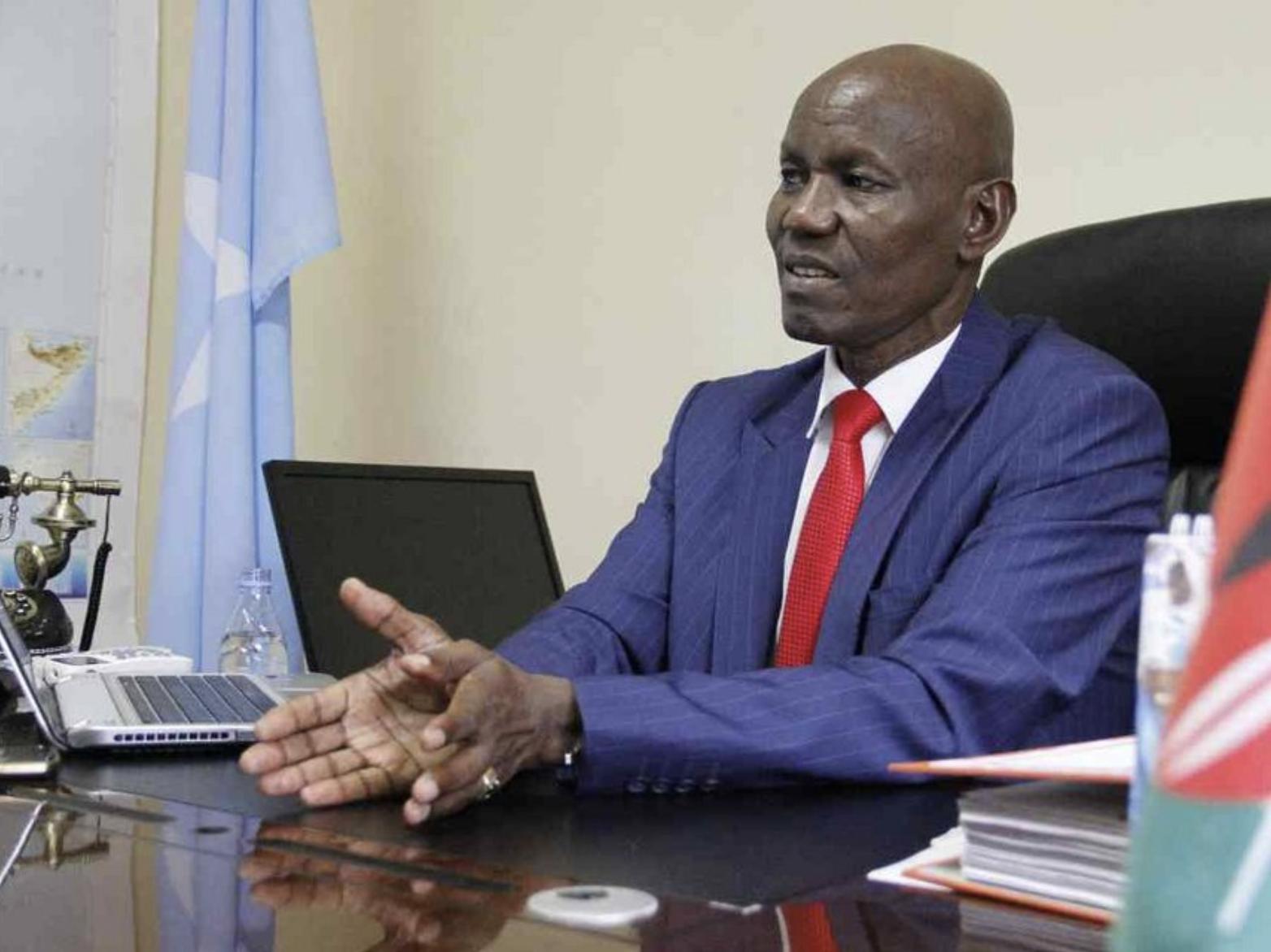In a shocking turn, Elon Musk has pulled the plug on a multimillion-dollar deal that was meant to support African entrepreneurs—Kenyan startups included.
The United States African Development Foundation (USADF), which runs development programs across the continent, has cancelled grants worth over Ksh 6.7 billion ($51 million).
Among the casualties? A promising Kenyan WhatsApp chatbot project, axed just as it was gaining traction. Critics say this move hurts local innovation and raises questions about the U.S. commitment to African development.
So, why did Elon Musk’s federation body pull out—and what does this mean for Kenya’s digital future?

Why Elon Musk Kenyan Is Cancelling Kenyan Deals
The Elon Musk Kenyan deal was supposed to boost small businesses. It aimed to fund the development of a WhatsApp chatbot that could help Kenyan entrepreneurs market their products more efficiently.
The chatbot would have lived within USADF’s Learning Hub—a platform designed to offer business training and digital tools to African startups.
But on April 8, the Department of Government Efficiency (DOGE), a federation run by Elon Musk, confirmed that the $48,406 (Ksh 6.3 million) grant to Kenya had been cancelled.
The statement from DOGE noted that the decision was part of a broader move by the USADF to withdraw funding from several African projects.
DOGE’s statement read, “The United States African Development Foundation (USADF) has terminated KSh 6.7 billion (around $51 million) in grants.” Kenya’s chatbot initiative was just one of many programs scrapped.
While no detailed explanation was offered, sources close to the project hinted at internal restructuring and shifting priorities within the U.S.-Africa aid landscape. Regardless of the reason, the blow is significant.
Ripple Effects Across Africa
Kenya is not alone. The grant cancellations have hit other African countries just as hard.
In Burkina Faso, a Ksh 30 million ($229,296) project to promote 100% organic shea butter has been shut down. Local cooperatives that relied on this support now face an uncertain future.
Nigeria lost Ksh 11 million ($84,059) earmarked for a spa and wellness incubator designed to uplift small businesses in that space.
Benin had a Ksh 31 million ($239,738) project axed. It aimed to expand the market reach of locally produced pineapple juice.
In Ivory Coast, a Ksh 32 million ($246,217) investment into mango drying facilities is now dead in the water.
Uganda was stripped of Ksh 13 million ($99,566) that was supposed to help increase yogurt production among small farmers.
Senegal lost a Ksh 6.5 million ($50,000) program focused on training dragon fruit farmers.
Each of these projects was not just a number on a spreadsheet—they were opportunities for real, sustainable development. Now, they’re casualties of a sudden and sweeping decision.
Why This Matters for Kenya
The cancellation of the Elon Musk Kenyan deal is more than just a funding cut. It’s a missed opportunity. The chatbot was part of a broader strategy to digitize African entrepreneurship and help small businesses compete in an increasingly online world.
USADF was founded by the U.S. Congress in 1980 to support African-led development. It has worked directly with grassroots groups, cooperatives, and entrepreneurs across the continent. Its core mission is simple: invest in Africans to solve African problems.
Through grants and technical support, USADF has promoted sectors like agriculture, renewable energy, youth entrepreneurship, and women-led businesses. But with Elon Musk’s DOGE federation now reshuffling its priorities, that mission may be faltering.
Kenyan tech startups have long been seen as a rising force in Africa’s innovation scene. Losing international backing at this stage could stunt growth, cost jobs, and leave local businesses without critical support.











































